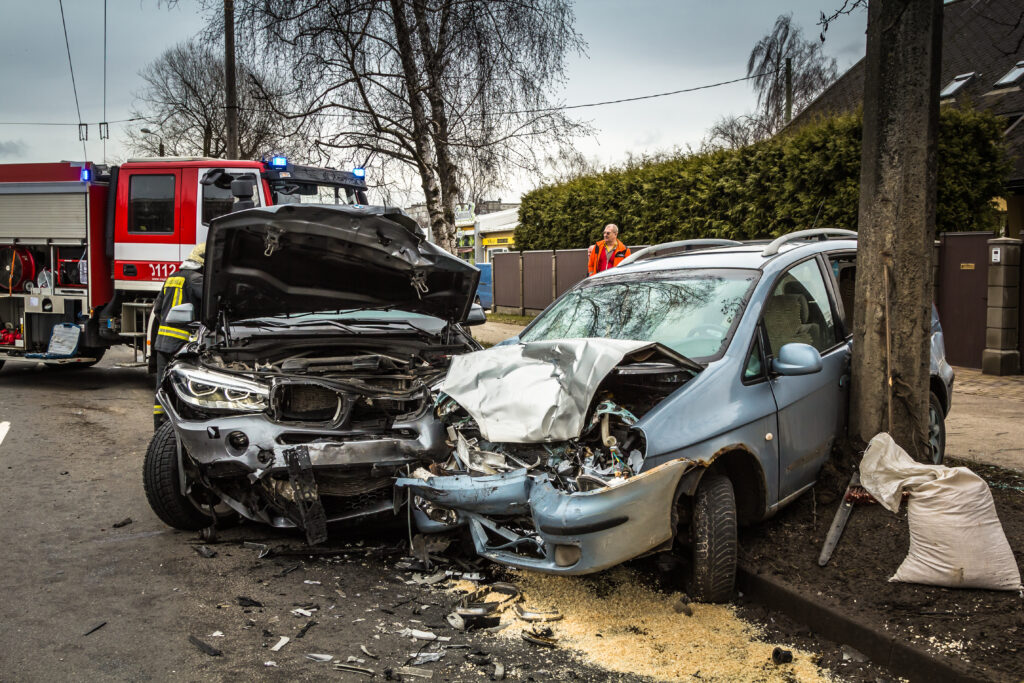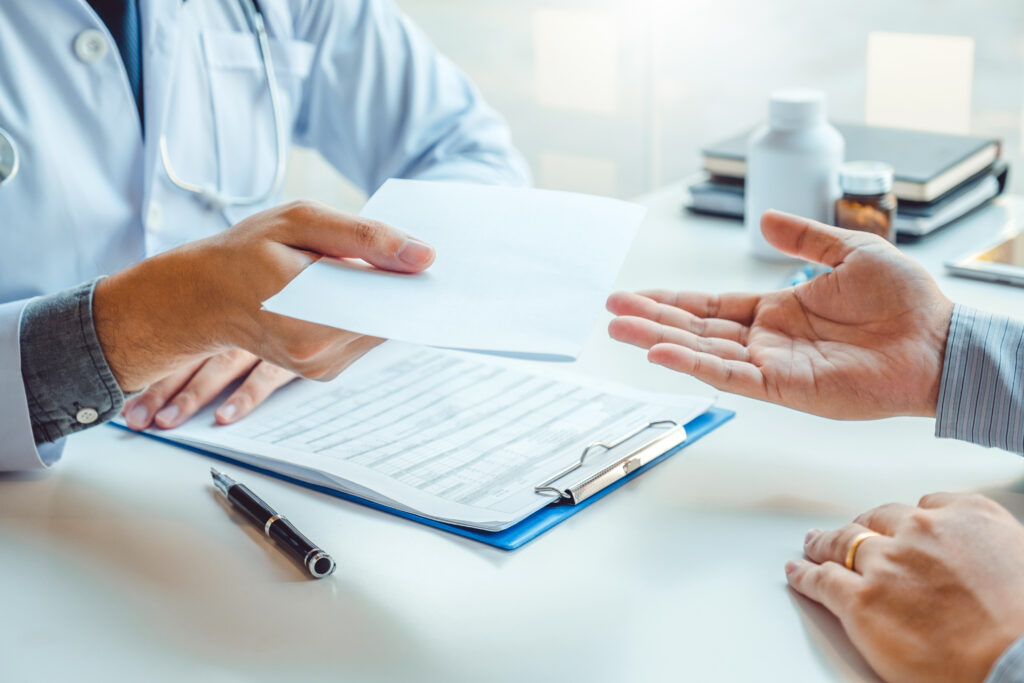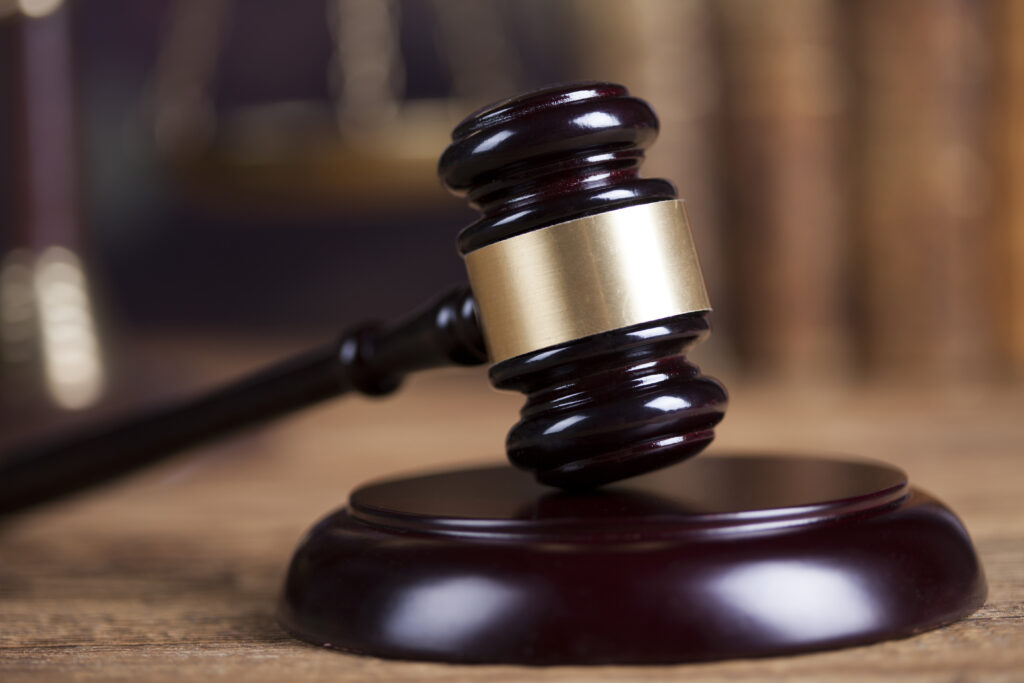A car accident can be stressful and traumatizing. The moments after your collision may be confusing, but the following days and weeks can be even more difficult, especially if you’ve never been in a car crash. It is natural to fear the unknown and want to know what you might expect following your auto collision.
Everyone’s experience after a car accident is different. What you can anticipate depends on many factors, including the type of collision you experienced, the severity of your injuries, and the extent of your financial and non-financial losses. Luckily, a Meriden car accident attorney can provide much-needed peace of mind and guidance during a troubling time as they fight diligently for a favorable case result.
A Car Crash Can Cause Hardships and Tough Moments

Not all car accidents are the same. Some are fender benders, resulting in little to no property damage and injuries, while others involve sizable destruction and catastrophic injuries.
You may face some particularly difficult times if you’re injured in an auto collision. Not only will you need to deal with your injuries and necessary medical treatment, but also the financial repercussions and mental distress caused by your accident.
It’s not uncommon to feel alone after a car crash, but knowing you have support is important. When you need clarity, direction, and a proper path forward, a car accident lawyer is available to support you.
What to Expect Following Your Car Accident
One of the worst parts of dealing with life post-accident is not knowing what to expect. You’ll likely experience several changes following a collision, some in the short term and some in the long term. Knowing what to expect can provide some calm and allow you to properly prepare.
Physically
You may significantly feel the effects of your car accident. Signs and symptoms of your injuries may begin immediately after your collision, while some may start in the hours or days following.
Common injuries from car accidents include, but are not limited to:
- Burns
- Cuts and lacerations
- Broken bones
- Head and neck injuries
- Back injuries
- Internal injuries
- Soft tissue injuries
Depending on the severity of your accident and injuries, you may experience substantial pain. Pain is often felt in the head, neck, back, and abdomen, but it will vary based on your injuries. Not only will you feel your injuries internally, but you may also see them as you begin to bruise shortly after your collision.
Regardless of how you feel after your accident, it’s crucial to seek medical care. Getting the right medical attention from a healthcare professional can make all the difference and help you cope with your physical ailments.
Mentally
Following your car accident, you may be mentally and emotionally rattled. It’s common to need a few days to recover mentally from an auto collision. A car accident can bring about many feelings, including sadness, anger, and fear.
The mental impact of your crash may last for a long time, depending on the seriousness of the situation. In some cases, accident victims develop mental health issues, including anxiety, depression, and PTSD, for which they need to seek professional help.
Financially
Not only does a car crash affect you physically and mentally, but also financially. Your financial burdens usually stem from medical expenses and property damage. Seeking monetary recovery is key when another party is responsible for your accident. You shouldn’t have to deal with the financial repercussions on your own.
What Happens to Your Car After a Crash?
One of accident victims' many concerns is what happens to their vehicle following the crash. Generally, it depends on how bad the collision was and the vehicle's state following the collision.
When a car crash is minor, you’ll likely be able to drive the car. Once you’re done at the scene of the collision and you take photos and videos of your car and the surrounding area, you can leave in your vehicle.
When a crash is more serious, you’re unlikely to be able to drive the car. Often, cars turn off on their own after a collision. This is due to a tripped switch that shuts off power to the car’s fuel pump to prevent fires and keep everyone safe. Additionally, the vehicle’s airbags may have deployed, or the damage might be too severe.
If you’re unable to drive your car, you’ll need to have the car towed from the scene of the accident. The vehicle may be towed to your home or a repair shop. If you file an insurance claim, the insurance adjuster can inspect the car to assess the damage and determine what repairs are necessary.
In the worst cases, your vehicle may be “totaled” or deemed a total loss. Contrary to popular belief, this doesn’t mean your car is destroyed beyond repair. A car is totaled when the damage is more than a specific percentage of the car’s value, based on your insurance company. If the insurance company deems your vehicle a total loss, you’ll receive money for it, which you can use to pay off any remaining loan or get a new vehicle.
Dealing with your car after a collision can be another headache. A car accident attorney can seek compensation for repairing or replacing your damaged vehicle as part of your case.
What To Do After an Auto Collision
Taking the right steps following an accident is crucial. What you do after an auto collision can heavily impact your compensation claim and future settlement.
Seek Medical Attention
One of the most important things you can do after a car accident is seek medical care. While this may seem obvious, for some, it is not.

Immediately after your car accident, you may not physically feel injured – this is not uncommon. Auto collisions are traumatic events, and the body reacts to stressful events by releasing the hormone adrenaline. Among the many things adrenaline does, it puts the body in “fight or flight” mode and masks any pain you may otherwise feel.
Additionally, even if you feel some signs of injury, you may not realize your injuries' seriousness.
In general, getting medical attention as soon as possible following your car accident is always a good idea. Doing so helps you understand the extent of your physical harm and allows you to begin treating your injuries and working toward recovery.
Report Your Accident to Your Insurance Company
After a collision, you need to notify your insurance company. How long you have to report the crash depends on your insurer’s requirements. Sometimes, you have a certain number of days as outlined in your policy, while in other situations, you must simply notify your insurer “within a reasonable time.”
Failing to report your accident in a timely manner can negatively impact your claim. The insurer may deny your claim or avoid paying you what your claim is worth. The best decision is to have your car accident lawyer report the accident for you.
Save Important Documentation and Gather Evidence
Evidence plays a critical role in car accident claims. Therefore, after your collision, you want to collect evidence concerning your accident that can eventually be useful for your claim.
From the moment your crash occurs, you can begin gathering pertinent evidence. Evidence most often utilized in collision claims includes:
- Surveillance and traffic cam footage
- Police accident reports
- Medical records and bills
- Witness statements
- Photos and videos
- Black box data
Keep any correspondence, bills, or documentation related to your accident that might help prove liability or damages in your claim. Evidence can answer many questions, substantiate your claims, and strengthen your case.
Schedule a Consultation with a Local Car Accident Attorney
Aside from prioritizing your physical health, consulting with a car accident lawyer is one of the essentials. You can reap numerous benefits from speaking with a local attorney about your accident. During your consultation, you can get answers to your questions and qualified advice while your lawyer determines the best way to pursue compensation.
If you’re feeling lost after a car accident, turn to a skilled attorney for help.
Taking Steps to Pursue Compensation Following an Accident
Part of the process of seeking financial recovery following an accident is having a game plan. Depending on the circumstances, you may file an insurance claim or a personal injury lawsuit. In some cases, you may do both.
Filing an Insurance Claim
First and foremost, you can file a car insurance claim. Filing an insurance claim is possible under several circumstances, like when you’re involved in a collision with another insured driver or have personal injury protection (PIP) insurance. How you handle an insurance claim depends on your state’s fault laws.
If your accident occurred in an at-fault state, you can file a third-party insurance claim with the responsible driver’s insurance company. On the other hand, if your collision happened in a no-fault state, you will first file a claim through your own insurance. A third-party claim might also be possible if you have severe injuries.
Once you file your claim, the insurance company assigns an adjuster. The adjuster investigates your accident, assesses property damage and injuries, and determines the value of your claim. Based on their findings, they will approve or deny your claim.
If your claim is approved and the insurance is willing to settle fairly, you can resolve your claim. In this case, an insurance claim is all you need. However, if the insurer is not prepared to settle your claim justly or they deny your claim altogether, you may have additional options.
Filing a Personal Injury Lawsuit
A personal injury lawsuit gives you another avenue to pursue compensation.

When you file a personal injury lawsuit, you seek the court’s backing to resolve your case. While the lawsuit process can be lengthy, it can yield the results you need.
Most personal injury lawsuits are settled outside of court. When a case settles, it means parties have come to a mutually beneficial conclusion. This signals the end of your case. When this happens, you can avoid trial altogether.
In some cases, parties are unable to reach a suitable agreement. When this happens, you can take your case to trial and present it in front of a judge (and sometimes a jury). Instead of working on a settlement together, the judge or jury decides the future of the case.
How Soon After a Car Accident Should You Consult with an Attorney?
Hiring a car accident attorney can be especially beneficial for your claim and future monetary recovery. The sooner you hire your lawyer, the faster they can begin working on your claim.
It’s normal to feel overwhelmed after a car accident. You should take a few days to begin your recovery and focus on yourself. Then, as soon as you’re ready, you should schedule a consultation to discuss your case with a local car accident lawyer.
Time is Limited to Take Action and Seek Financial Recovery
Part of the reason why it’s vital to hire a lawyer quickly is that you have limited time to pursue compensation. You don’t want to wait too long and miss your opportunity to recover financially.
Depending on your state’s statute of limitations for personal injury cases, you may only have one to six years to file your claim in court. While this may seem like sufficient time, many steps come before filing your lawsuit, and your lawyer needs time to properly and timely handle your case.
Taking swift action following your car accident can have positive results. As soon as you’re ready and able, hire a car accident lawyer and start working on your claim.
Following a Crash, a Car Accident Attorney Can Help You Understand What to Expect
Nobody understands the anxiety and stress of a car crash better than an experienced accident attorney. For this reason, one of your lawyer’s goals is to help prepare you for what’s to come and give you a better idea of what you can expect moving forward with your claim and in the future.
After an accident, don’t hesitate to seek legal assistance. A Meriden personal injury attorney can give you the best chance of obtaining a favorable outcome.
